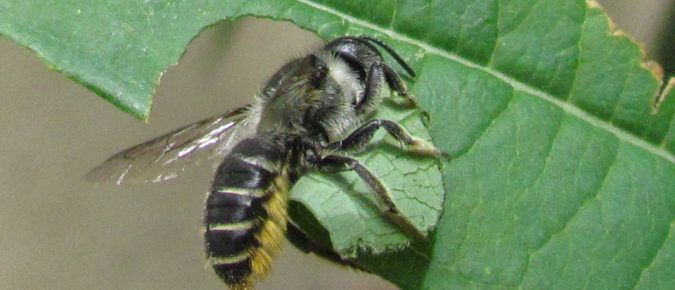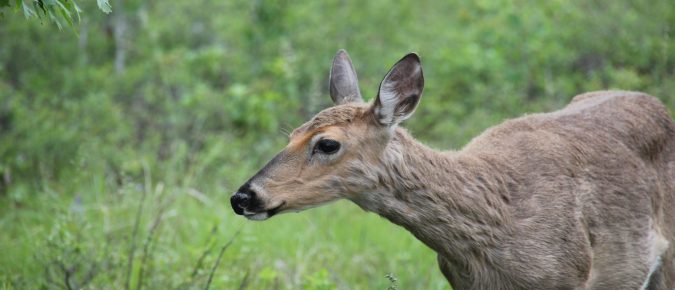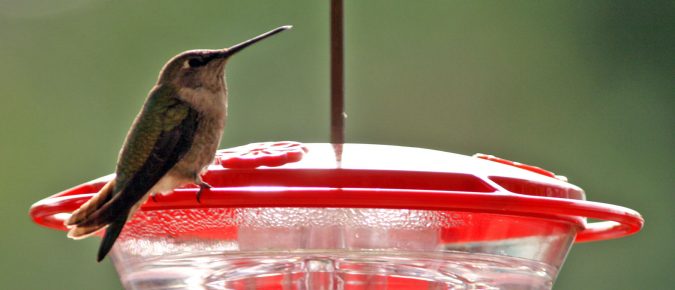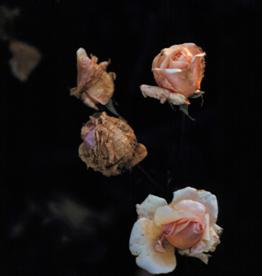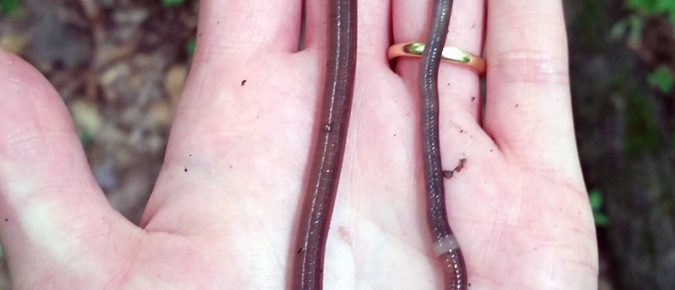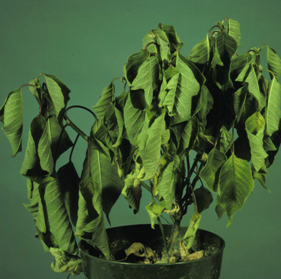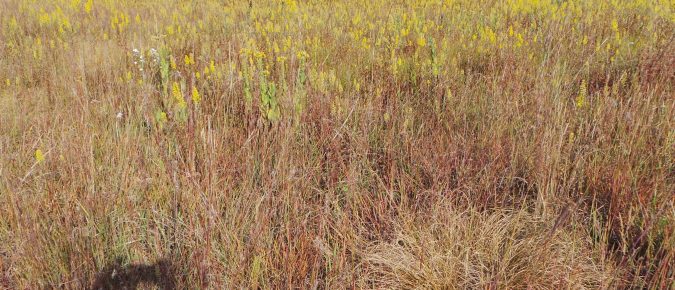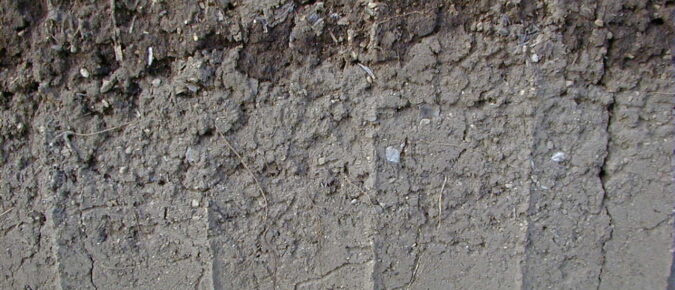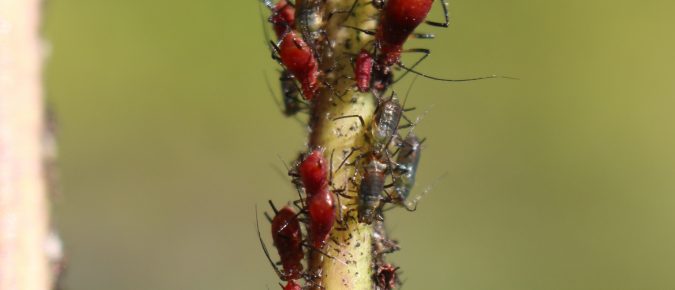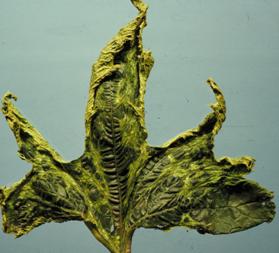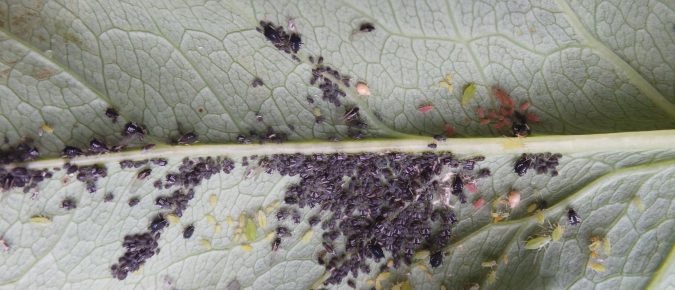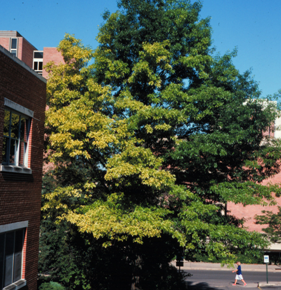The Wisconsin Bee Identification Guide provides information about 13 of the most common bees found in Wisconsin. From the very small Sweat Bee, measuring in at 1/4″ long, to the big Bumble Bee, this guide helps identify many incredibly important pollinators!
If deer visit your property, before planting (or replanting), check out this list of trees, shrubs, flowers, herbs, and grasses that deer tend to avoid.
Hummingbirds are a large group of tiny birds with iridescent feathers, who feed on a nectar from a wide variety of plants. Learn more about these birds and how to encourage ruby-throated hummingbirds in your garden in this article…
Gray mold (or Botrytis blight) is a common and often serious fungal disease that can affect plants of all kinds. Learn more in this factsheet.
Jumping worms are non-native worms that damage the soil structure causing poor plant growth. Learn how to identify and deal with Jumping Worms in this article.
Root rot is a general term for any disease that causes the deterioration of a plant’s root system. Learn more about root rots and how to avoid them in this factsheet.
Whether a beginning or experienced gardener, you’ll appreciate the step-by-step instructions for planting, landscaping, and managing your own prairie plot. This booklet has more than 50 illustrated descriptions of plants to help you make the best selections.
Save money and protect the environment by having your soil tested before applying lime and fertilizer. This concise publication tells you when and how to sample and where to send it for testing.
Aphids are soft-bodied, insects that feed on plant sap and subsequently excrete a sugary substance that can attract ants as well as support a saprophytic fungus called sooty mold. Learn about aphids found in home gardens in this factsheet.
Herbicide damage is any adverse, undesired effect on a plant that is caused by exposure of that plant to a pesticide designed for weed control. Learn symptoms and more in this factsheet.
Aphids are really fascinating insects, with bizarre lifestyles and eating habits Learn more about this large group of insects and how to manage them in the garden in this article…
Chlorosis is a common nutritional disorder of many woody ornamentals in Wisconsin, particularly in the southern and eastern parts of the state. This factsheet describes symptoms, causes and cures.

